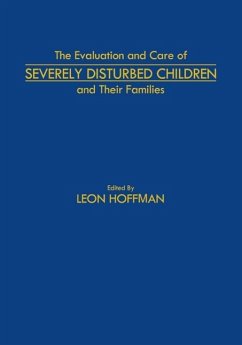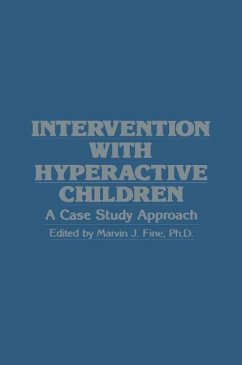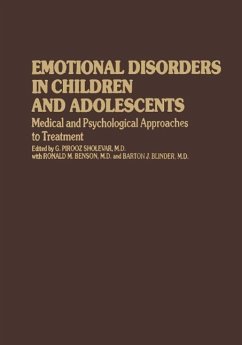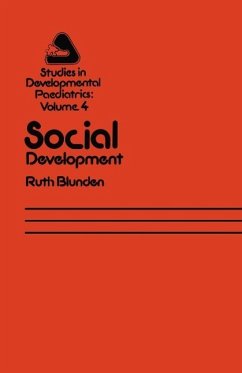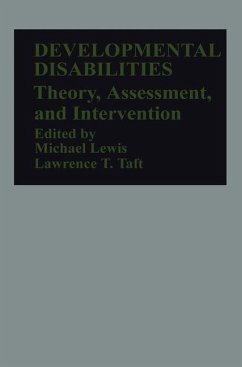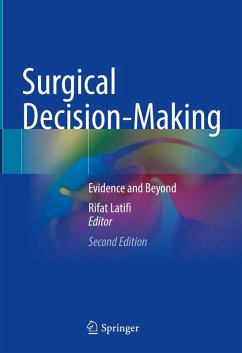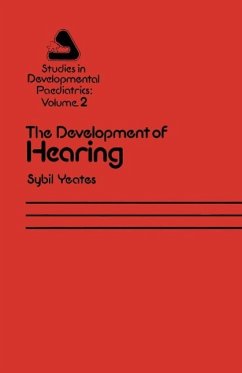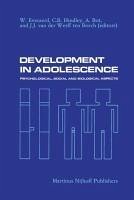
Systematic Intervention with Disturbed Children (eBook, PDF)
Versandkostenfrei!
Sofort per Download lieferbar
40,95 €
inkl. MwSt.
Weitere Ausgaben:

PAYBACK Punkte
20 °P sammeln!
Disturbed children constitute a sizeable and varied percentage of the child population. Generally, two to three percent have severe, longstanding problems and 20 to 30 percent have current, more transient problems. While preventive efforts are needed, it also seems obvious that many children will continue to function in a disturbed and disturbing fashion and will continue to require vari ous kinds of therapeutic interventions. These interventions will mainly occur in school and community settings. This book attempts to present a picture of some fairly popular models of intervention and to cons...
Disturbed children constitute a sizeable and varied percentage of the child population. Generally, two to three percent have severe, longstanding problems and 20 to 30 percent have current, more transient problems. While preventive efforts are needed, it also seems obvious that many children will continue to function in a disturbed and disturbing fashion and will continue to require vari ous kinds of therapeutic interventions. These interventions will mainly occur in school and community settings. This book attempts to present a picture of some fairly popular models of intervention and to consider important related issues. There are probably as many ways of coping with disturbed children as there are creative, caring persons attempting to do the coping. A growing literature exists on ways of conceptual izing and intervening with such children. It was believed by the editor that an organized body of information on these concepts and techniques would prove useful to student and practitioner. A danger with such collections is that if they mainly portray novel or atypi cal techniques, while informative, the book quickly becomes passe and of li mited value. This book's focus is on contemporary thought, but also on orien tations that have stood the test of some time and the stability of the under lying theory.
Dieser Download kann aus rechtlichen Gründen nur mit Rechnungsadresse in A, B, BG, CY, CZ, D, DK, EW, E, FIN, F, GR, HR, H, IRL, I, LT, L, LR, M, NL, PL, P, R, S, SLO, SK ausgeliefert werden.



